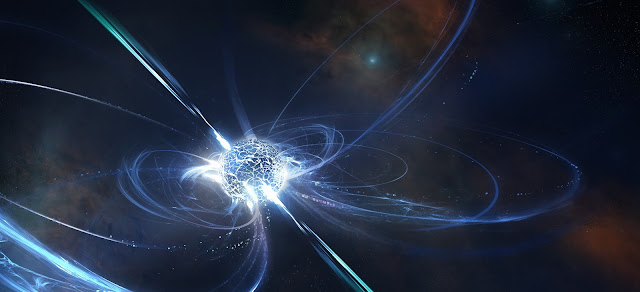Issues with going to Mars
Humans have been curious to go to mars as it is much
promising candidate when it comes to interplanetary life. It is has a rotation
period of 24 hours and 40 minutes and has potential of life.
But there are many factors that prevent us from canalizing
mars and following are some of the main ones:
Long way to go
The first issue is to send a human crew to mars, see it would
take 6 months to reach there which is mentally challenging . If you are stuck
in a space capsule with 4 or more people for 6 months it won’t take time for
you to go from this to this.
Low Gravity
Mars' mass is 6.42 x 1023 kilograms,
about 10 times less than Earth. This affects the force of gravity. Gravity on
Mars is 38 percent of Earth's gravity, so a 100-pound person on Earth would
weigh 38 pounds on Mars. Humans
don’t do that well in low gravity, as our bones start to deteriorate and our
muscle mass starts to fall as in low gravity effort applied by the body
decreases, though. This can be coped up with regular exercise. And I thought low gravity was fun.
Radiation Levels
The second thing that we need to worry about is radiation.
The earth has a molten iron core which when moves creates a magnetic field
which protects us from solar flares and cosmic radiation. Mars has no magnetic
field to protect us. Trust me UV glasses won’t work.
Acidic Environment
Acidic soil, yup that’s a thing there. Martian soil is
abundant of
per-chlorates , it’s
one chloride molecule bonded with 4 oxygen molecules, 1% of Martian soil
consists of per-chlorates , that’s not a huge amount but enough to kill humans,
there are per-chlorates on earth on which bacteria feeds, but become toxic to
them to in presence to UV radiation in which Mars baths everyday. However there
is a benefit of per-chlorates, they are easy to break hence we can release
oxygen into the atmosphere if we are able to create one.
Temperature
Mars has
a thin atmosphere hence the temperature in day is up to 70
degrees F (20 degrees C) near the equator, but at night the temperature can
plummet to about minus 100 degrees F (minus 73 C).. This can
be solved by doing what we humans do best that is global warming. There are two
ways the fast way and the slow way. The fast one is that we nuke both the poles
of mars releasing more CO2 and H2O in air increasing the temperature on surface
or we setup factories on mars which slowly increase its temperature by
releasing green house gases into its atmosphere, but then again we don’t want
to make the Martian surface more radiated than it already is so would go for
the slow way.



Comments
Post a Comment